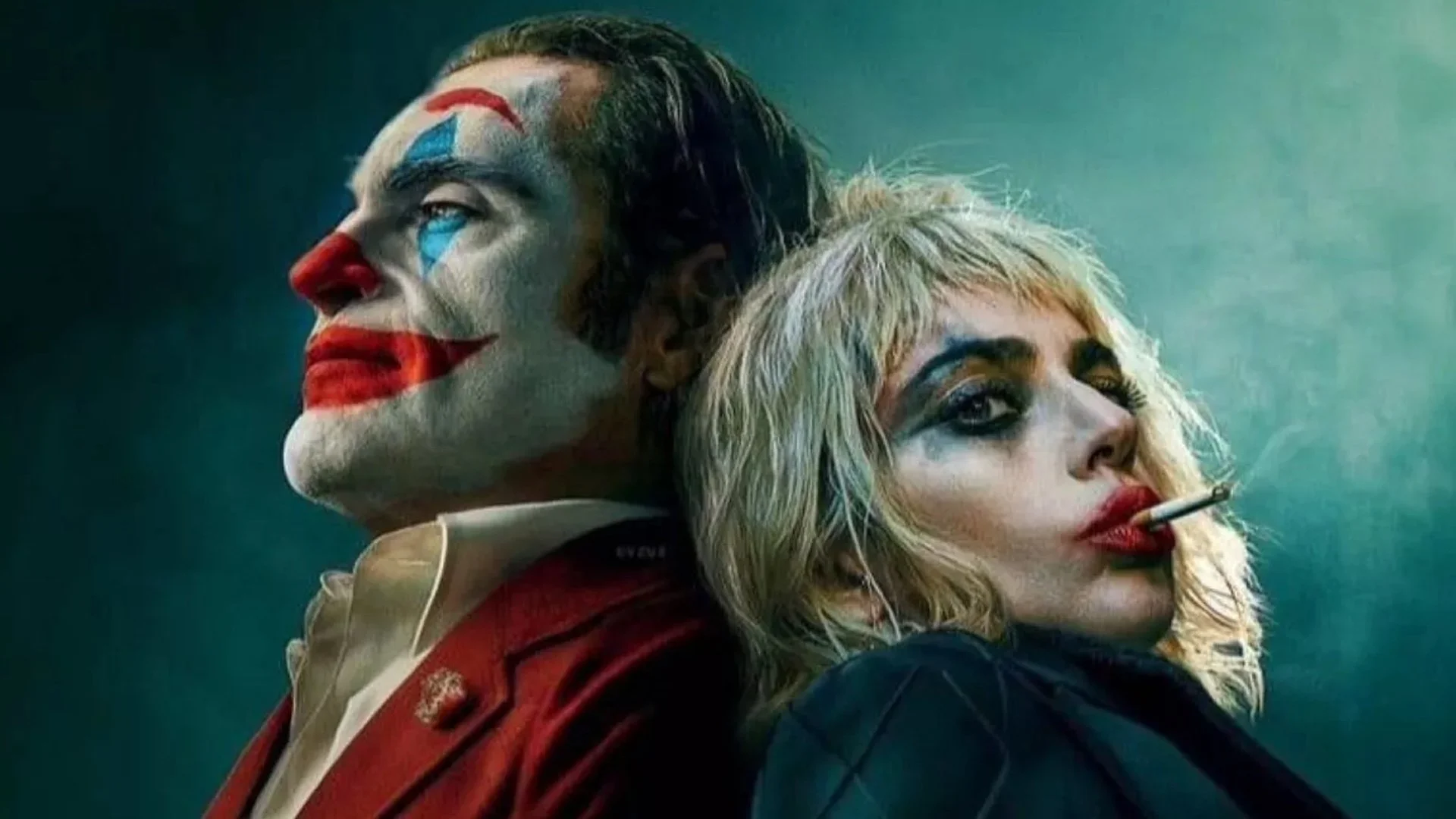JOKER: FOLIE Á DEUX Controversial Ending Defended by Todd Phillips and Joaquin Phoenix
Joker: Folie à Deux director Todd Phillips and star Joaquin Pheonix recently opened up about the film’s controversial ending and they are both defending it. Spoilers ahead!
At the end of the film, Arthur Fleck is killed at the hands of another Arkham inmate after first taking responsibility for the crimes he committed and renouncing his "Joker" persona.
The inmate, who the audience is supposed to view as the real Joker, stops Fleck to tell him a joke and then repeatedly stabs him in the abdomen. As Arthur bleeds out, we see the inmate carve a smile onto his face in the background.
While speaking to Entertainment Weekly about this, Phillips said: "When those guards kill that kid in the [hospital] he realizes that dressing up in makeup, putting on this thing, it’s not changing anything.
"In some ways, he’s accepted the fact that he’s always been Arthur Fleck; he’s never been this thing that’s been put upon him, this idea that Gotham people put on him, that he represents.
“He’s an unwitting icon. This thing was placed on him, and he doesn’t want to live as a fake anymore – he wants to be who he is."
As for Harley’s part in the ending, as she and Fleck are on iconic Brooklyn steps, she fully devolves into the Harley Quinn persona, leaving Fleck a defeated, broken man.
Phillips explained: "[She's] realizing, I’m on a whole other trip, man, you can’t be what I wanted you to be," and he also confirmed that the scene is "actually, really happening.”
In a separate interview with IGN, Phoenix said that he feels Arthur's tragic final moments have "warmth." He said:
"There's a warmth in that scene, which is nice. That's all that I was thinking about that I was after, is here's this young man who's telling me a joke and he's nervous to tell me the joke, I can tell that he's nervous, and I'm going to hear him out. And it's a pretty good setup."
Phillips then shared some additional thoughts saying: "I like to think he died at peace in a way being himself. The kid says to him, 'You want to hear a joke?' And even though he thinks maybe it's (Lee) downstairs.
“We don't even know what's downstairs, but that sort of optimism that Arthur has, that's still in him. He's like, 'Well, yeah, okay, of course' because he knows that feeling of wanting to make somebody laugh."
"But I always think that's such a beautiful moment where it's like Arthur still has hope. I think Joaquin is so beautiful in that scene. It's such a small nothing. I mean, beyond the death thing.
“That moment where he's looking at the kid and he's kind of giving the kid a polite laugh in the setup. He's showing appreciation for the comedy and appreciation for putting yourself out there. Something nobody ever did for him in the first movie in some ways."
Does this additional insight into the ending of the film make you appreciate it more?
